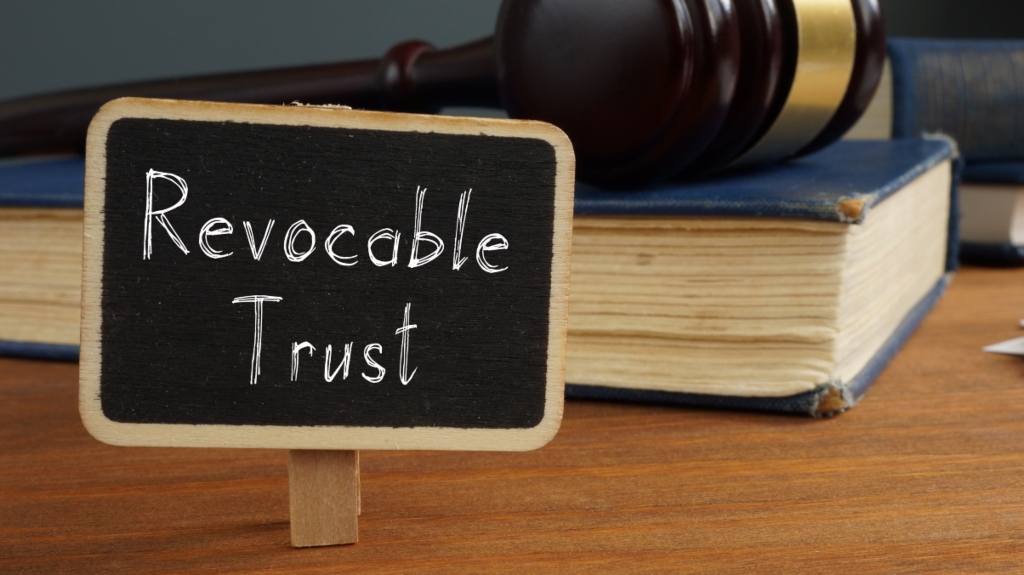
A revocable living trust is a legal tool designed to help you manage your assets while alive and decide how they will be shared after you die. You create this trust during your lifetime, allowing you to keep control over your assets. This means you can change, add to, or even cancel the trust whenever you wish. Once you pass, the assets in the trust are passed on directly to your chosen loved ones, following the instructions you set out in the trust document. Yet, even though these trusts offer great benefits for distributing assets, many people may not fully realize how setting up a revocable living trust can benefit them. To help you better understand, the guide below will explore these benefits in greater detail and what they could mean for you.
Avoiding Probate
A revocable living trust is an effective estate planning tool that can help you avoid probate’s financial and administrative burdens, provided it is adequately funded and maintained. This includes transferring assets into the trust and regularly updating it to reflect any changes in your financial situation or family dynamics. Using a joint revocable trust can be particularly advantageous for married couples, as it allows both spouses to bypass probate, offering a significant benefit.
Privacy
When comparing a Last Will and Testament and a revocable trust, one significant distinction is privacy. Unlike Wills, which are filed with the court and become public records, a revocable trust remains confidential and inaccessible to the public. This confidentiality protects your estate from inquisitive creditors and family members.
Aiding Those Who Lack Capacity
As individuals age or face degenerative diseases such as Alzheimer’s, their ability to manage finances and make informed decisions can decline. A revocable trust is a proactive solution, allowing you to designate a trusted individual as a trustee to manage assets should you become unable to do so. This arrangement ensures continuity in asset management and provides peace of mind, knowing that someone you trust will oversee your financial affairs if your situation changes.
Minimizing Disputes and Potential Will Contests
One challenge associated with Wills is the potential for family disputes, which can arise during the probate process. A Will can be contested for up to five years after it is submitted for probate, leaving a lengthy window for conflict. A revocable trust mitigates this risk by starting the contest period upon its formation rather than upon the creator’s death. Additionally, because trusts are not subject to the same probate procedures, contests tend to be more challenging and costly to pursue, reducing the likelihood of disagreements among heirs.
Convenience
The benefits of a revocable trust are invaluable. One of the most difficult aspects of probate is thoroughly identifying the deceased’s assets, determining their locations, and appraising their fair market value. This process can be incredibly taxing, as assets may be distributed across various locations, including hidden spots in a house, safes, safety deposit boxes, or online accounts. Often, the deceased may not have kept a precise inventory of these assets, which adds to the challenges for heirs. Fortunately, having a revocable trust in place can help ensure continuous access to funds and provide a way to preserve assets properly, allowing for a smooth transition of financial management during times of need.
Contact Losavio & DeJean Today To Learn More About Revocable Living Trusts
At Losavio & DeJean, we offer thorough and seasoned support for all your estate planning needs, whether it’s a straightforward trust or more intricate planning for complex objectives. If you have questions about revocable living trusts or other estate planning issues, please get in touch with Losavio & DeJean today to set up a consultation.

